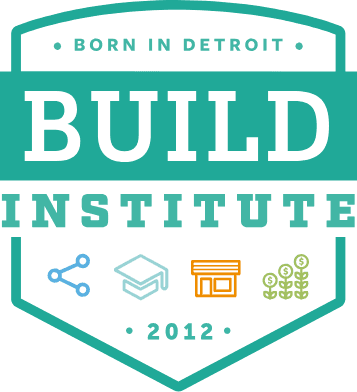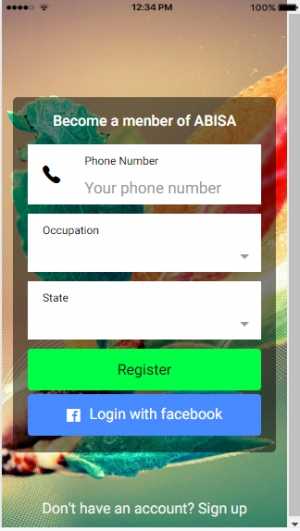Evan Adams is the Capital Programs Manager at Detroit's Build Institute, a Detroit-based incubator founded in 2012 that has already graduated more than 1800 entrepreneurs focused on community-impact ventures. The Build Institute runs several programs to mentor, house, and fund entrepreneurs, including SOUP and Kiva, which Adams manages to help startups of all kinds pitch for funds and find mentorship in Detroit.
What's new in Detroit's startup scene? We asked Evan Adams to give us his take on the shifting startup culture in Detroit, which has tech blended into a landscape of advanced manufacturing and other industries.
Detroit Startup Culture Trends
Evan Adams of Detroit's Build Institute runs Capital Programs at Build and several related programs: SOUP and Kiva.
"In Detroit, while tech and startup culture are becoming one and the same in many places, the same is not true here," Adams tells us. That's because many startups in Detroit that find funding are lower risk than tech ventures.
"The difficulty in programs is that we struggle to get people connected with capital who are tech-oriented because it's perceived as a high-risk investment," Adams says. "We're hedging a lot of bets on a tech startup so it's hard to justify. We're not a bank but a nonprofit."
"In Detroit, while tech and startup culture are becoming one and the same in many places, the same is not true here," Adams tells us.
Adams says he's been surprised at the sheer volume of people who apply for loans in tech. "I mean that in the sense that there are a lot of people in Metro Detroit with tech ideas that want capital to get off the ground and cannot," he says.
Meanwhile, there is a high demand for e-commerce companies, small manufacturing, woodworking, clothing, retail, and new cosmetics companies or other businesses with tangible manufactured products. "It's easiest to fund projects that have a tangible product or existing service," Adams says. "We're seeing a lot of e-commerce along with whatever else doesn't take brick and mortar, which includes food trucks, and a lot of pop-up businesses. We would not recommend physical space if you don't need it early on."
There is a high demand in Detroit for e-commerce companies, small manufacturing, woodworking, clothing, retail, and new cosmetics companies or other businesses with tangible manufactured products.
The perceived need for physical space is one area that Adams says also surprises him about new founders' expectations coming through the Build Institute. "Successful startups we've helped did not do that, and now have space but not the early overhead," he says. Adams says it's an out-of-date concept that companies require physical space up front to get started, at least in most of the cases he's seeing. These days, bootstrapping means starting companies from home or online, a lot of the time, and then scaling up later.
Detroit Build Institute Startups
Adams gives us an example of a tech-enabled startup he recently saw come through the Build Institute. An app called Abisa connects refugees to legal resources and professional, social, and community resources. Abisa is oriented around the fact that immigrants come to Detroit and other U.S. cities with no access to legal or personal support. Many startups like Abisa find mentorship and resources through Detroit Build Institute because they leverage tech for social impact and community-oriented ventures that can often scale nationally.
If you would like to connect with Evan Adams or his colleagues at Build Institute to connect with founders like these, you can email him here. Detroit SOUP focuses on mentoring community ventures in the Detroit area. You can learn more about the SOUP program here to connect or apply. Build Institute uses the Kiva program to support micro loans for local entrepreneurs. You can learn more about the Kiva Detroit program at Build Institute here.




